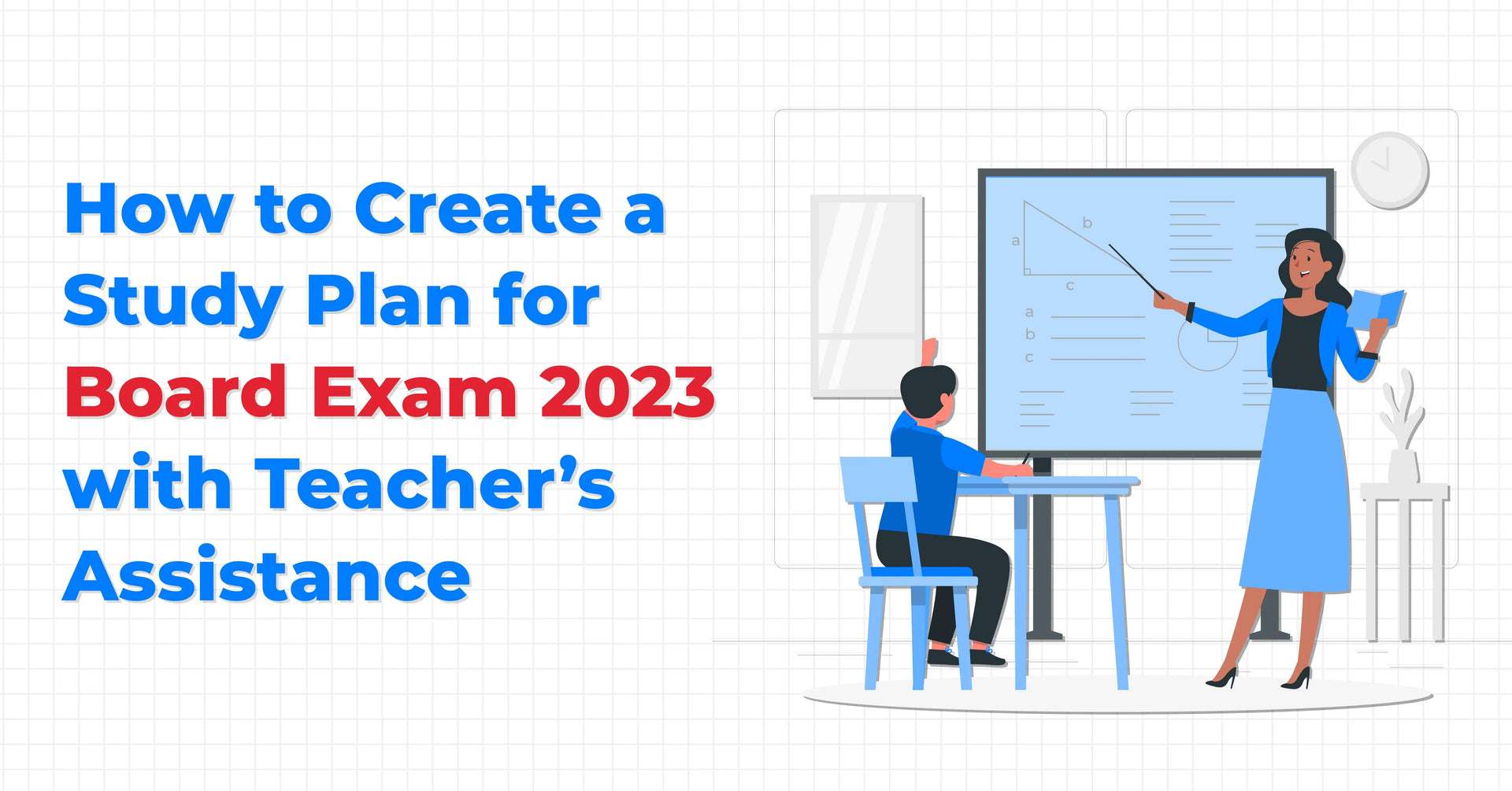Every year, thousands of children in India sit for the Class 10 board examinations. One of the most significant turning points in a student's academic career is considered to be these board examinations. This is why it is better to deal with the stress brought on by these tests than to avoid it.
The pressure to do well on the Class 10 board examinations might occasionally have an adverse effect on the kids' mental health. They can find themselves stressing about the exam when they need to be putting all of their attention into their revisions.
Stress from exams can further lower a person's self-confidence, which might result in subpar performance and results. Therefore, it is vital for teachers to raise pupils' spirits.
Here are 6 suggestions for educators to encourage students to prepare for the Class 10 Board Exams:
1. KNOW THE INTERESTS OF THE STUDENTS
Knowing a student's strengths and shortcomings is a useful teaching strategy. By holding special sessions centered around "get to know you" conversations, teachers may get to know their students better.
Monthly sessions of this nature are possible. The passion of pupils for the topic can be increased by initiatives like forming groups of students with shared interests and giving them writing or speaking assignments.
2. PROVIDE PERSONAL SUGGESTIONS
Individualized coaching may be quite beneficial for students as they prepare for their examinations. The students may have the chance to get all of their unique questions answered and gain a deeper understanding of the ideas.
During these contacts, they could be more forthcoming regarding the difficulties with the research. Teachers can better comprehend each student's potential by giving each student individualized feedback.
The responsibility for encouraging the young students to communicate during one-on-one mentoring sessions still rests with the teachers.
CBSE Class 10 Online Course
3. EARLY REVISION PLAN
Ideally, students should finish their curriculum a month or more before the test. The last few weeks should be used by teachers to motivate pupils to review the material.
Utilizing practice exams or exam papers from prior years, they can review.
Students will feel more confident and prepared after completing practice exams and old papers.
4. STRENGTHEN COMPETITION AND COLLABORATION
By pairing up pupils, teachers should promote the concepts of teamwork and competitiveness. While collaborating in pairs, they should be urged to defend their viewpoints or provide a response. This encourages effective peer criticism and self-progression analysis.
Teachers can encourage collaboration, which will assist the pupils benefit from one another's knowledge. They will be exposed to a wide range of concepts through these activities.
5. REGULAR BREAKS ON THE SCHEDULE
One of the greatest contributors to students losing motivation just before the examinations is still exhaustion. When a person is fatigued and studies for lengthy periods of time without taking regular breaks, their capacity for rational thought is significantly reduced.
To find the correct balance between studying and leisure, it is advised to take regular pauses throughout study sessions.
Teachers should thus assist pupils in creating study schedules with frequent breaks.
6. DO SOME LIGHT WORKOUT
A significant factor in exam performance issues is stress. Regular exercise has been shown to maintain good health in both the body and the mind.
Less complicated exercises like yoga or meditation might help pupils feel more at ease. They will be able to maintain composure and focus better as a result.
Maintaining student motivation throughout board exams is of the highest importance. If they set attainable objectives, take regular breaks, review material beforehand, and engage in activities, it is simple to keep them motivated.
In order to help students get ready for one of the significant tests of their life, teachers might gauge their level of interest and schedule early review.








